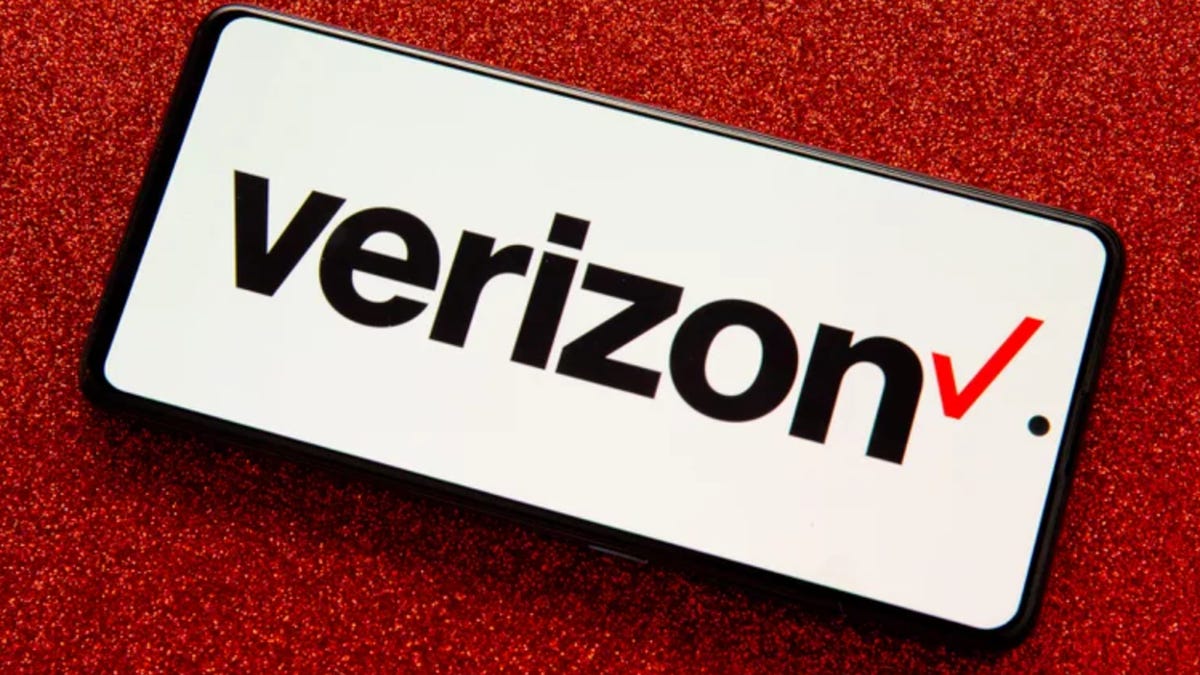Verizon will use Amazon's Project Kuiper satellites to boost its 4G LTE, 5G coverage
Verizon is turning to the skies to help increase its coverage on the ground.

Verizon and Amazon are teaming up on a new connectivity project, with the nation's largest carrier turning to the e-commerce giant to try to boost its wireless network. In their announcement Tuesday, the two companies revealed that they have entered into a "strategic collaboration" that will aim to "pair Verizon's terrestrial mobile network with Amazon's low Earth orbit (LEO) satellite network" known as Project Kuiper.
The goal of the partnership, a Verizon spokesman told CNET, is to "use this to make the entire map of the US red," referring to Verizon's color and its coverage maps where red indicates areas where you can find its wireless services. No timeline was given for when users can expect better coverage, but the spokesman said it is a "few years away."
Like rival SpaceX and its Starlink program, Amazon's Project Kuiper aims to use a constellation of satellites that will circulate above the Earth and beam internet signals down from the sky. With the agreement Verizon could potentially use Amazon's satellites as a replacement for fiber backhauls, allowing it to set up cellphone towers in areas -- particularly rural ones -- that otherwise lack fast and reliable internet service.
With Project Kuiper as backhaul for its towers, Verizon would potentially be able to expand its existing 4G LTE and 5G coverage without requiring new radios, devices or equipment from users.
The spokesman said that it's also possible future devices on its network could include ways to connect directly to the Kuiper satellites, providing another connection option for those in extremely hard-to-reach locations that Verizon wouldn't get to even with new cellphone towers.
The deal is nonexclusive on either side, the spokesman confirmed to CNET. Verizon is still able to work with other satellite companies, while Amazon could still offer its service to other wireless carriers. Last year AT&T told CNET that it was looking at LEOs, including Amazon's service, to potentially augment its network.
Unlike SpaceX's Starlink, which has launched over 1,800 satellites and has already begun offering a beta service of its home internet service, Amazon has been slower with its Project Kuiper rollout, first announced in 2019. The company has previously said that it plans to eventually launch over 3,200 satellites into orbit, with the goal of providing internet speeds of up to 400Mbps.
In April, Amazon announced that it had reached an agreement with the United Launch Alliance for nine rockets to begin sending its satellites into space.
Whereas Amazon has plans to use Kuiper to provide internet to people around the world, for its consumers Verizon is focusing on using Project Kuiper to help improve coverage when they are in the US. International access for those on Verizon may be limited just to those with business or enterprise accounts.

